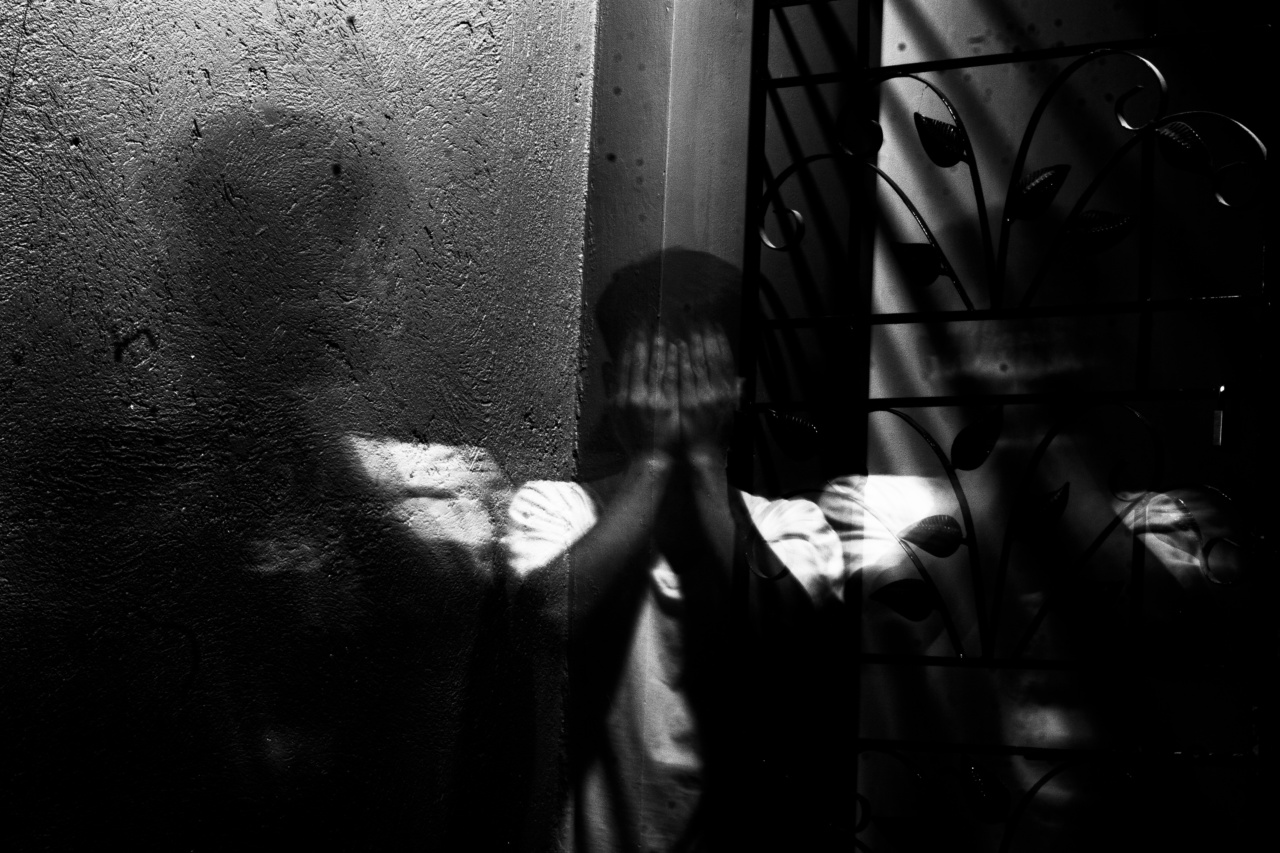In folklore and mythology, a “crone” is often depicted as an old, ugly, and wicked woman. These portrayals have contributed to a negative image of crones throughout history, leading many to believe that they are something to be feared.
However, it is essential to question whether these stereotypes are fair and accurate representations of older women. Are crones really something to be afraid of, or is there more to the story?.
The Origin of the “Crone” Archetype
The image of the crone can be traced back to various cultures and mythological traditions. In Celtic folklore, for example, the crone is associated with the triple goddess, alongside the maiden and the mother.
She represents wisdom, transformation, and the power that comes with age. Similarly, in Greek mythology, the crone is often depicted as the goddess Hecate, a powerful figure associated with magic and the night.
However, over time, the image of the crone has been distorted, and she has become synonymous with wickedness, ugliness, and even witchcraft.
This negative portrayal has perpetuated the fear and misunderstanding surrounding older women, leading to the question: why are crones so feared?.
The Fear of Aging
One of the reasons crones are feared is the underlying fear of aging itself. In a society that values youth and beauty, aging is often seen as something negative, and older women are frequently marginalized and dismissed.
The crone archetype embodies this fear of aging, and her appearance is deliberately exaggerated to emphasize the undesirable aspects of growing old.
Furthermore, the fear of aging is often intertwined with the fear of death. The crone represents the final stage of a woman’s life, and her association with mortality can be unsettling for many.
By fearing crones, people may hope to distance themselves from the inevitability of their own mortality.
Redefining the Crone
It is crucial to challenge and redefine the negative image associated with crones. Rather than seeing them as objects of fear, we should recognize the wisdom and experience they possess.
Older women have lived rich and diverse lives, and their knowledge and insights should be valued and shared.
Historically, crones were often healers, midwives, or respected members of society who played vital roles in their communities. They possessed a deep understanding of nature, herbal medicine, and spirituality.
By dismissing and fearing crones, we inadvertently reject the wealth of knowledge and wisdom they can offer.
Embracing Aging and Wisdom
Instead of fearing crones, society should learn to embrace the natural process of aging and the gifts it brings. With age comes experience, wisdom, and insight that can enrich our lives and communities.
By holding onto outdated stereotypes and prejudices, we miss out on the opportunity to learn from the wealth of experience that crones, and older women in general, can provide.
Moreover, our fear of crones reflects a larger societal issue: sexism and ageism. The negative portrayal of older women and the dismissal of their contributions are symptoms of a culture that values youth and beauty over wisdom and experience.
By challenging these biases, we can move towards a more inclusive and equitable society.
Breaking Free from the Fear
To break free from the fear associated with crones, it is essential to recognize the power of language and representation.
Instead of perpetuating negative stereotypes through media and folklore, we should strive to portray older women in a positive light. By highlighting their achievements, wisdom, and resilience, we can shift public perception and create a more inclusive society.
Furthermore, personal interactions play a crucial role in challenging societal biases. By engaging with older women, seeking their advice, and valuing their experiences, we can form meaningful connections and combat age-related prejudices.
Breaking free from the fear of crones requires a willingness to challenge our own biases and actively participate in creating a more inclusive and respectful society.
Conclusion
Crones are not something to be feared. The negative image associated with them is a result of societal biases, prejudices, and a fear of aging.
By reclaiming the term “crone” and redefining it as a symbol of wisdom, experience, and power, we can challenge the stereotypes and misconceptions surrounding older women. Embracing the natural process of aging and valuing the contributions of older women fosters a more inclusive and equitable society where all individuals, regardless of age or gender, are respected and celebrated.































